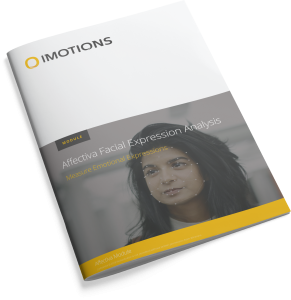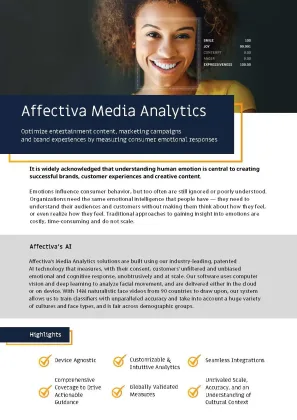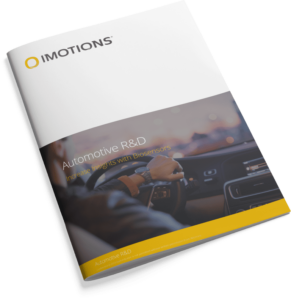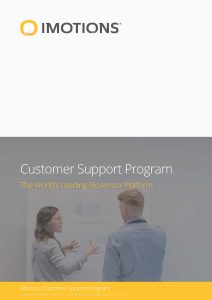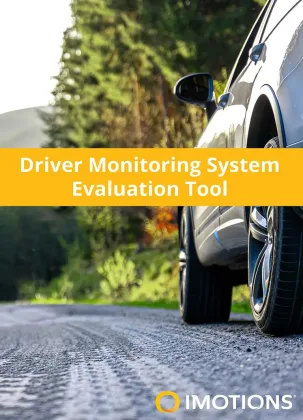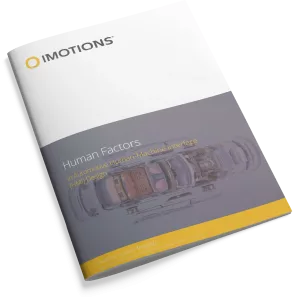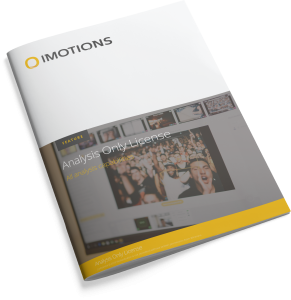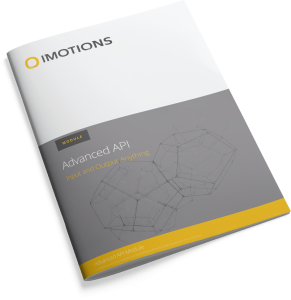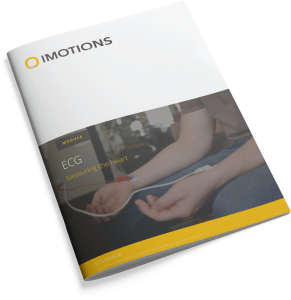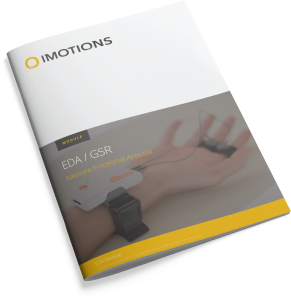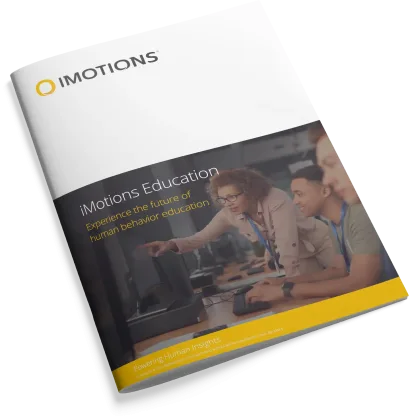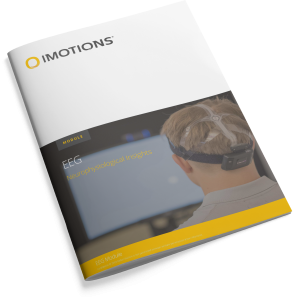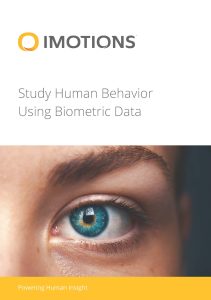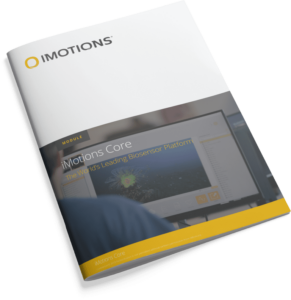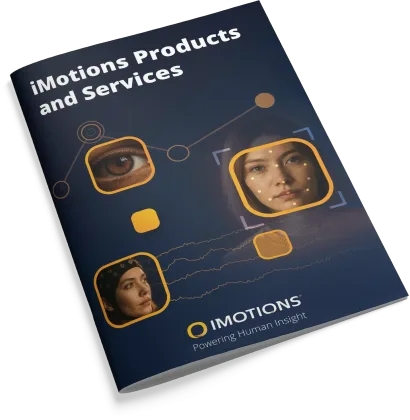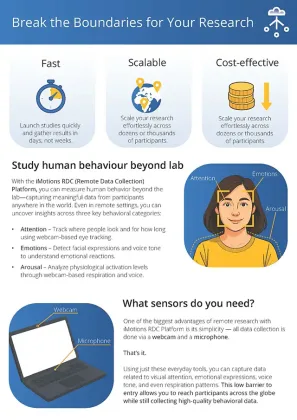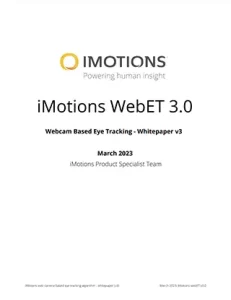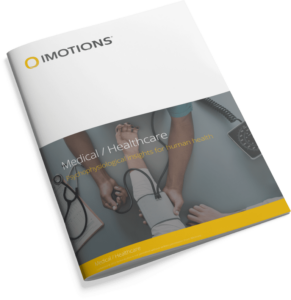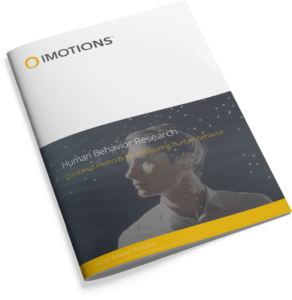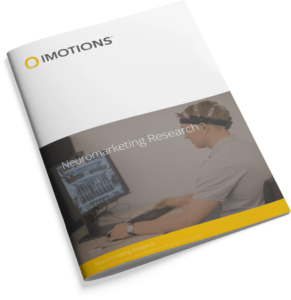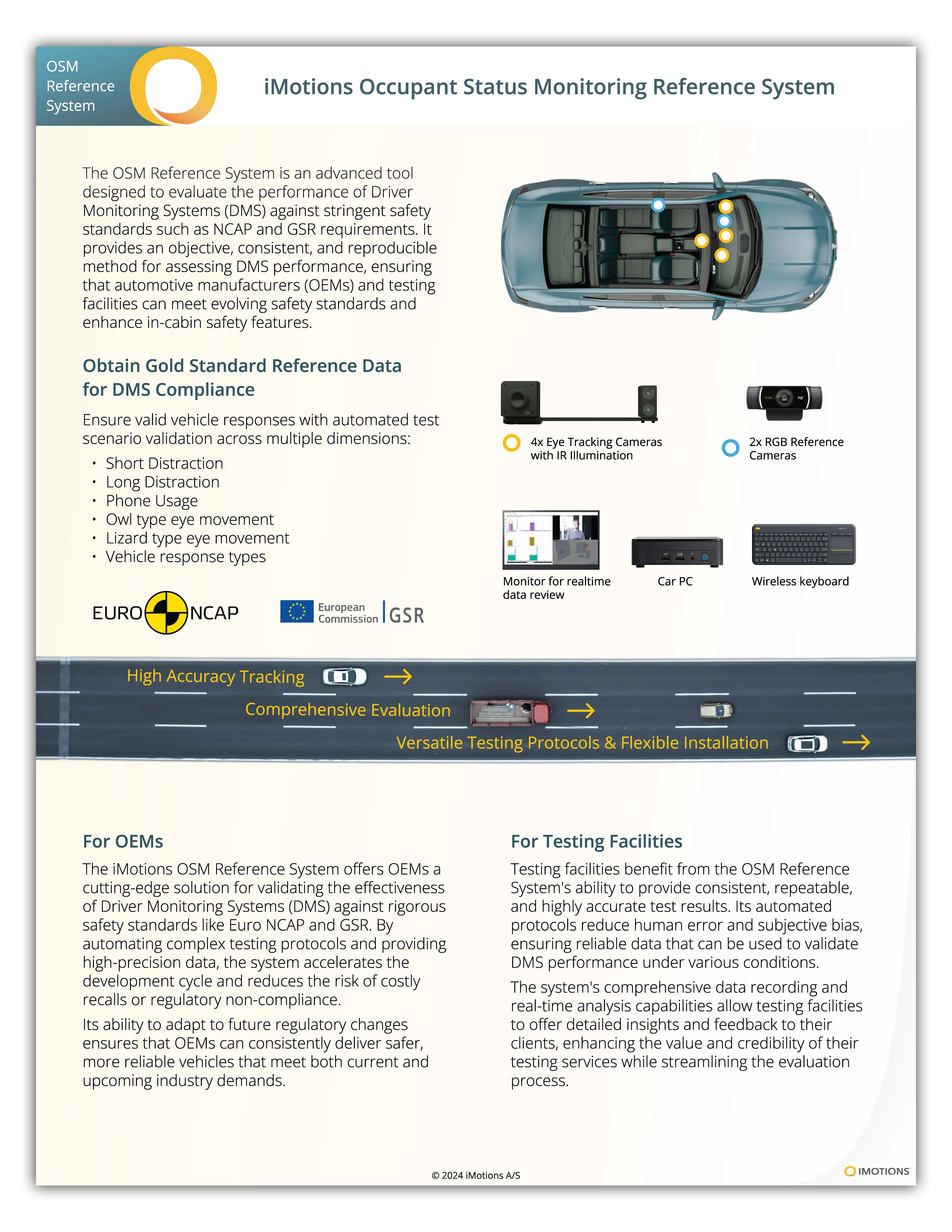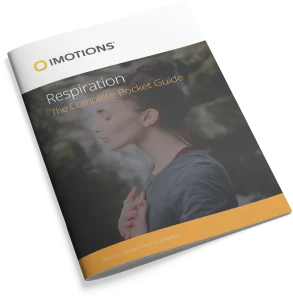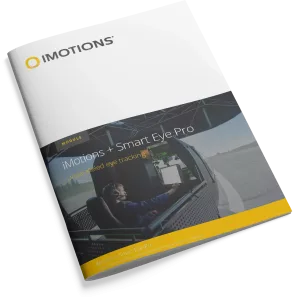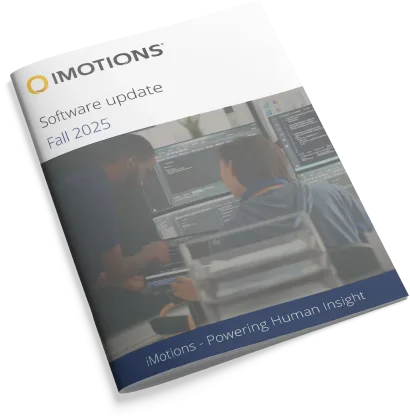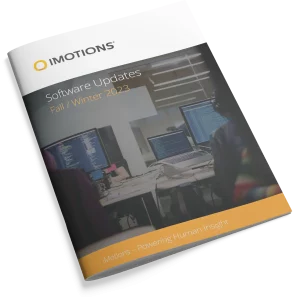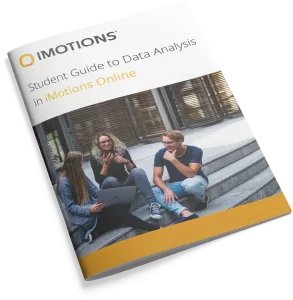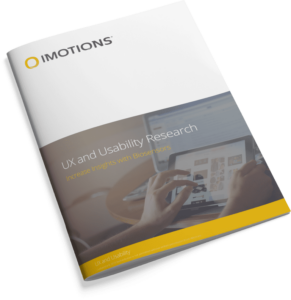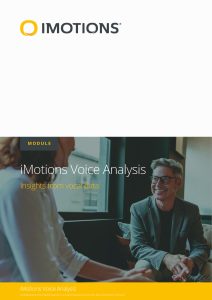Abstract: This study compares the use of a laptop versus a touch-screen PC to perform web-based information search tasks. Thirty-six participants took part in a lab-based experiment. They were asked to use either a laptop or a touch-screen PC to seek information on the web and retrieve relevant pieces of information while their sessions were recorded. Cognitive load was measured through eye-related data and cortical activity (EEG) along with a self-reported scale. Main results indicated that participants who used the laptop outperformed those who used the touch-screen PC, with more relevant webpages bookmarked (F = 9.678, p = .004) and more relevant elements retrieved (F = 6.302, p = .018). Participants with the touch-screen PC also spent more time on each webpage than their counterparts (F = 9.2141, p = .005). These results suggest that using the touch-screen PC required more mental effort, which is supported by cognitive load measurements. Linear mixed-model analyses showed significant differences across devices in both pupil size variation (F = 3.692, p = .05) and EEG-based cognitive load index (F = 5.181, p = .028). This study raises issues about whether touch-screen computers are suited for every computing needs.
Related Posts
-
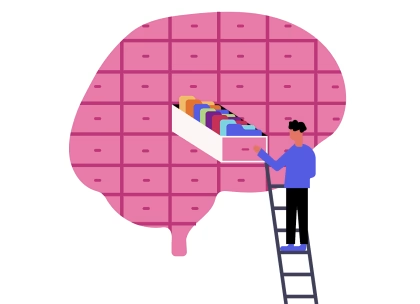
Memory and Visual Attention: 5 Foundational Eye-Tracking Experiments
-

Converting Raw Eye-Tracking Data into Cognitive Load Indicators
-

Measuring Consumer Happiness: How Biometrics Can Help Assess What Products Make People Feel Good
-

Desire Before Delight: Why Wanting Drives Consumer Choice More Than Liking



